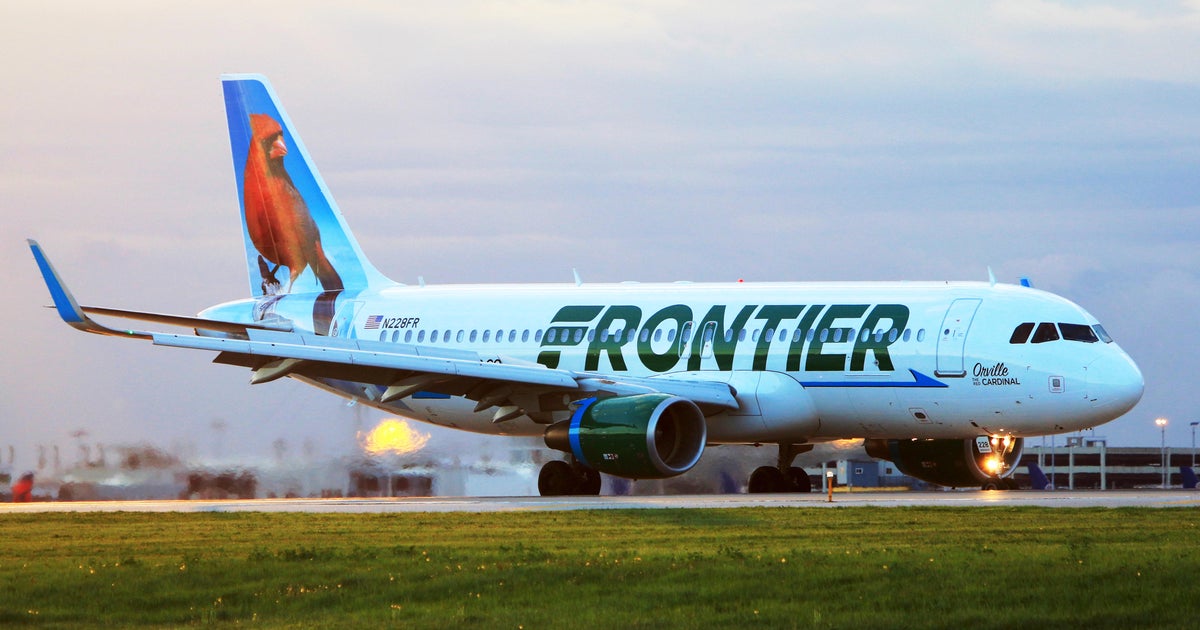Kroger to close two more stores after workers get "hazard pay"
Kroger-owned grocery chain Quality Food Centers will close two stores in Seattle next month due in part to a new law requiring "hazard pay" for frontline grocery employees who have continued to work during the coronavirus pandemic.
Two QFC stores will shut down on April 24, a decision "accelerated by a new Seattle city council mandate that requires certain employers to provide extra pay for some, but not all, city frontline workers," QFC said Tuesday in a statement.
The decision drew a rebuke from one member of the council, which unanimously approved the law ordering larger grocery chains to temporarily boost worker pay by $4 an hour.
"Grocery workers have had to cover emergency shifts, pick up extra responsibilities and are five times more likely to contract COVID," Teresa Mosqueda, a member of Seattle's city council, said in a statement. "These workers should not be pawns in a game of chess."
The law, which took effect last week, is drawing legal challenges from the Northwest Grocery Association and the Washington Food Industry Association. A similar legal battle is playing out in California, where the California Grocers Association is challenging hazard-pay ordinances in Oakland, Montebello and Long Beach.
The United Food and Commercial Workers local union called Kroger's plan to close the two QFC stores "a transparent attempt to intimidate other local governments from passing ordinances that would provide hazard pay to front line grocery store workers."
Taking a different tack, Trader Joe's responded to a flurry of ordinances by temporarily upping pay by $4 an hour for its workers nationwide but canceling its traditional midyear raises. Similarly, PCC Community Markets also extended the temporary $4 an hour wage hike to all of its nearly 1,500 employees in its 15 locations, beyond the eight Seattle stores impacted by the mandate.
Kroger earlier this month said it would also close a Ralphs and a Food 4 Less in Long Beach, California, after the city approved a hazard pay ordinance that the grocery chain called "misguided."
Decision to end "hero pay"
Kroger last spring ended what it called "hero pay," a $2 an hour bonus the company briefly offered to its more than 500,000 workers starting in April 2020. Instead, the company switched to paying $130 million in bonuses, with full-time workers getting $400 and part-timers receiving $200.
Kroger has notched record earnings during the pandemic as more Americans have opted to stay at home, boosting food and other grocery sales. The company recorded more than $2.9 billion in operating profits through the third quarter of 2020, taking in an extra $1.2 billion in earnings compared with a year ago.
Kroger is redirecting some of that money to investors, with a $1 billion stock repurchase announced in September. On February 5, the company announced a $147 million dividend payment and said it expects to increase its dividend over time.



